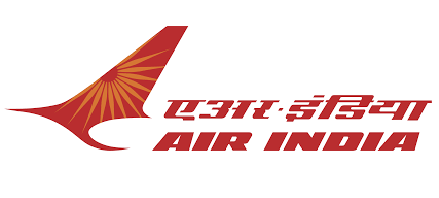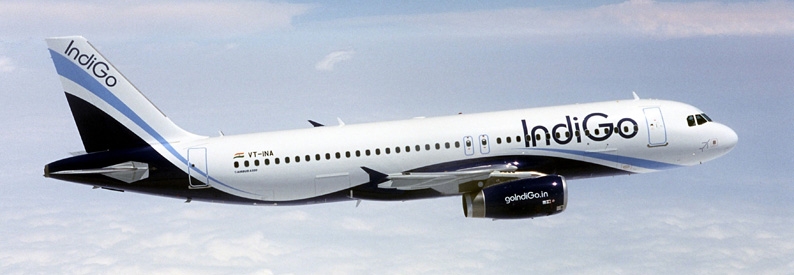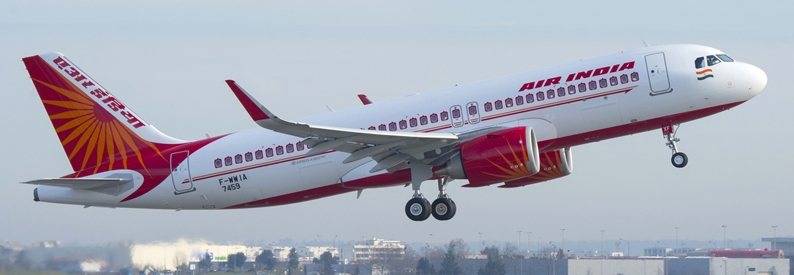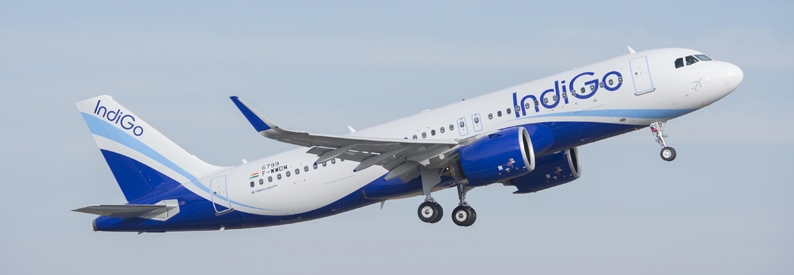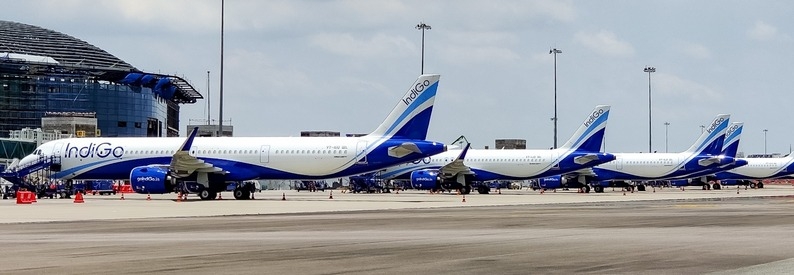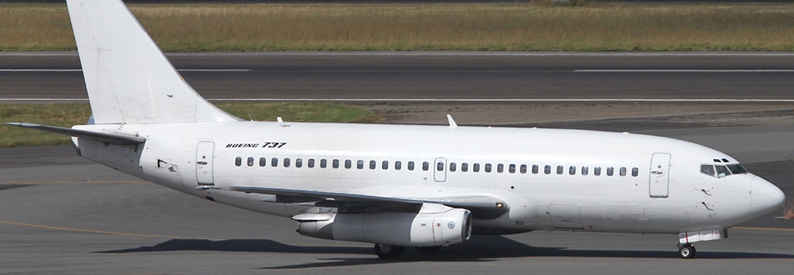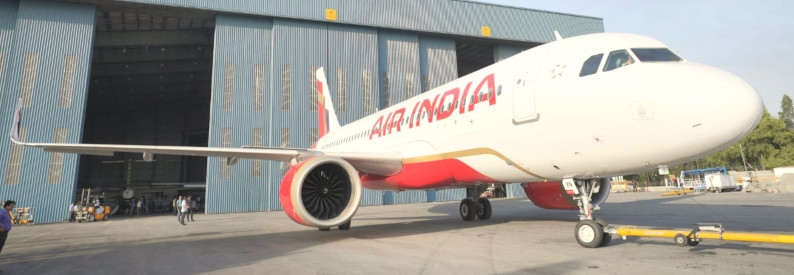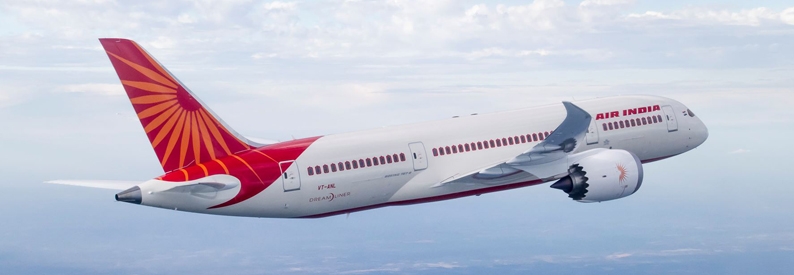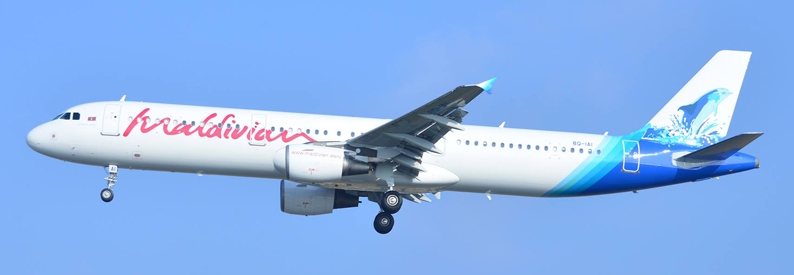The Indian government is considering changing the law to allow airlines to "trade capacity", or exchange route authorities for low-demand services, The Economic Times has reported.
Under the so-called Route Dispersal Guidelines (RDG), Indian carriers are forced to operate a certain number of low-demand routes in return for traffic rights on the most popular services. The policy is aimed at ensuring a more equitably distributed air traffic growth and leads to the de facto subsidisation of thin routes by the more profitable ones within the carrier's network.
Until 1994, the carriers were allowed to trade capacity on the low-demand routes. The airlines which operate more than the prescribed level of these services could sell their capacity to carriers required to serve more thin routes. However, since the new aviation law came into force in 1994, this practice has been banned.
However, the law is de facto circumvented by airlines such as Air India and Jet Airways, which pool capacity and contract their subsidiaries (Alliance Air (India) and JetLite, respectively) to operate certain routes.
According to the report, Air India, Jet Airways, and IndiGo Airlines all oppose the relaxation of the law, while SpiceJet, Vistara, and AirAsia India are in favour of the change.
"We are not averse to allowing it again, but the airlines need to agree on it," an unnamed government official has said.
- Type
- Base
- Aircraft
- Destinations
- Routes
- Daily Flights
